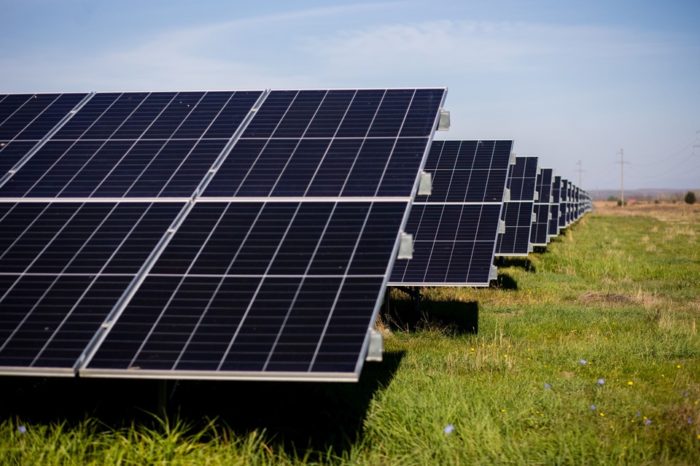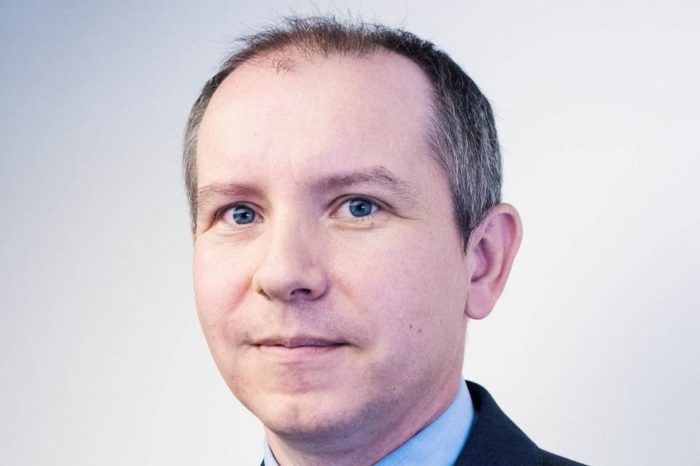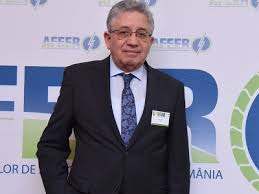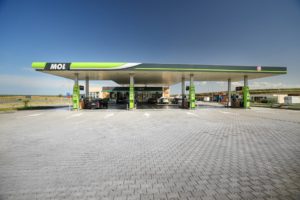European Policies for the New Economy. Where does the money come from and how can we access it?

Romania’s agenda in 2022 in the context of PNRR, what money we have available, but also how we can get the money from the “showcase” are just some of the concerns of today that we tried to come up with concrete solutions and answers during the event “European Policies for the New Economy”, organized by Romania Durabila and EM360, with the support of the strategic partner FPPG (The Oil and Gas Employers’ Federation).
“We have historical chances of changes of direction and to repair mistakes made for decades in a row, but for that Romania must be more committed and “not steal its hat” alone. For example, there is no crisis management in the country and we do not even respect the obligations imposed by Brussels to recover our economy in a healthy way,” says MEP Maria Grapini. Our legislation is costly and repetitive, although the European Union has made it clear that there must be a test that assesses the costs and benefits of our laws.
Full statement here: https://www.facebook.com/watch/?ref=external&v=2068282436655310
Romania must align itself with European values. For example, the waste on value chains in Romania is somewhere at 20-25%, and the percentage must be reduced and transformed into value-added products. In addition, the concept of creative destruction could be the solution to modernization and the green transition, according to Dragoș Pîslaru, Member of the European Parliament.
Full statement here: https://www.facebook.com/watch/?ref=external&v=587682479220200
Moreover, when it comes to state aid, it should not always be seen as social aid or aid dedicated to a certain category. There are much more subtle forms that could put on the coat of state aid for the business environment, such as road infrastructure improvement, digitalization, local development concepts, debureaucratization or fiscal predictability. All these forms of state aid have been embraced for many years by the modernized countries of the European Union.
Full statement here: https://www.facebook.com/watch/?ref=external&v=313318817303924
Somehow, the oil and gas industry also needs subtle help through proper legislation. “We have the lowest carbon dioxide / capita emissions, we have the most balanced energy mix in Europe, we are at the forefront of Green Deal targets, so we have gained the time to rebuild a sustainable and resilient energy system. . In energy, in gas we also have investors, and investments and money available, and I do not mean PNRR, grants or loans, but I mean investors’ money. The only thing we still need is support from MEPs to save us time to start investing. We are talking about 26 billion euros that could be invested, thousands of companies involved and 30,000 jobs estimated to be new, ”said Cătălin Niță, Executive Director of the Oil and Gas Employers’ Federation.
Full statement here: https://www.facebook.com/watch/?ref=external&v=867167670618206
And his opinion on delays is supported by other strong voices in energy. “We have distinguished ourselves negatively between the Member States benefiting from the modernization fund. We are talking about the fact that strategic energy industries, such as natural gas, could be treated unfavorably for funding by this taxonomy on sustainable financing, but under the modernization fund we could have already sent projects for financing. This is also about a certain inability of the government system to rise to the occasion,” says Radu Dudău, Executive Director, EnergyPolicy Group, while Dumitru Chisăliță, President of the Intelligent Energy Association, says that” In the energy system now we do just a face lift, without intending to come up with a new model. But for that we need 25-30 years for implementation, but we will ensure a good functioning for another 60-70 years. ”
Full statement here: https://www.facebook.com/watch/?ref=external&v=184767410512090
But a major change in socio-economic behavior cannot be made without some indicators adapted to such a transformation. For this, we would need, among other things, a policy of professional reorientation.
Full statement here: https://www.facebook.com/watch/?ref=external&v=567079304361718
And, unfortunately, in the midst of the energy crisis, the severe effects will not be long in coming. We can’t even talk about lowering the price of energy now. Moreover, we could face in the near future a Romanian energy industry depressed and unable to overcome this situation.
Full statement here: https://www.facebook.com/watch/?ref=external&v=190391513263640
However, the reforms do not only target the Romanian energy system. Another example is agriculture, and the targets in the Green Deal must protect and not become a burden for farmers, otherwise we risk moving their activity outside the European Union, said Daniel Buda, Member of the European Parliament.
Full statement here: https://www.facebook.com/watch/?ref=external&v=1885567961643531
In this context, the General Directorate for Management of the Recovery Mechanism and Resilience announced that it will make an information guide both for the business environment and NGOs, as well as for all those interested in accessing the funds available through PNRR.
Full statement here: https://www.facebook.com/watch/?ref=external&v=933540307546946
The New Economy supports the permanent dialogue between the decision-making environment, the business environment and specialists from the main fields of activity, in order to take the best measures, coherent and applicable, to ensure the continuity of industries with the greatest contributions to GDP dynamics. more profitable areas for economic recovery. The New Economy is an approach initiated by Sustainable Romania and EM360, which invites construction, action, vitality – things we really need for the reconstruction of the economy.














